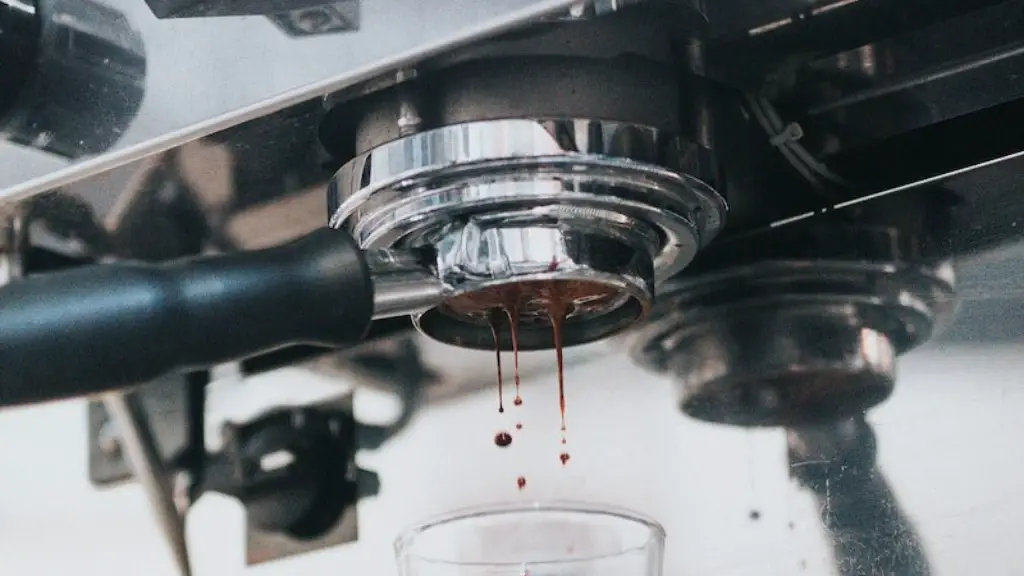Is It Better to Drink Decaf Coffee While Pregnant?
Coffee consumption affects pregnant women differently than the average person. Deciding between decaf and caffeinated coffee during pregnancy depends on the woman’s personal preference as well as her health history. There is evidence that excessive consumption of coffee during pregnancy can be potentially harmful to the child, so understanding the difference between the two types of coffee and whether it can be safely consumed can help expectant mothers make healthier choices.
Caffeinated coffee contains compounds like caffeine that can narrow the blood vessels in your placenta, reducing the supply of oxygen and nutrients to your baby. While some research suggests that drinking less than 200 mg of caffeine a day — about two 8 oz. cups — is safe during pregnancy, it’s best to avoid it altogether if possible. On the other hand, decaffeinated coffee doesn’t contain any of the compounds that can be harmful to the baby, so it has the potential to be safer.
A few studies have suggested that decaffeinated coffee may not be entirely risk-free during pregnancy. Some evidence suggests that compounds found in decaf coffee, such as acrylamide and polycyclic aromatic hydrocarbons, can still have an adverse effect on pregnancy. The American College of Obstetricians and Gynecologists suggests that pregnant women should limit their decaffeinated coffee intake to less than 2-3 cups per day.
The decision to drink decaf or caffeinated coffee during pregnancy ultimately depends on the woman. Everyone reacts to caffeine differently, so it’s best to talk to your healthcare provider to discuss which type of coffee is best for you. Additionally, if you’re trying to cut back on your caffeinated beverage intake during pregnancy, one of the best things to do is to find other sources of nutrition to help you meet your daily needs.
Generally speaking, it is best to limit caffeine intake during pregnancy, as even small amounts can have a negative effect on the baby. However, if you’re wanting to enjoy a cup of coffee while expecting, decaf may be a safer option. But overall, eating a nutritious and balanced diet will help ensure that you and your baby remain healthy throughout your pregnancy.
Coffee Intake During the First Trimester
The first trimester of pregnancy is the most important for development and growth, so it’s important for expectant mothers to be extra vigilant about limiting their caffeine intake. Studies suggest that heavy caffeine ingestion during the first trimester can lead to an increased risk of miscarriage, as well as potential birth defects. That said, drinking 1-2 cups of decaffeinated coffee a day has not been linked to an increase in the risk of miscarriage or birth defects.
While some women choose to cut out all forms of caffeine during the first 12 weeks of pregnancy, it is important to remember that caffeine isn’t always bad. Caffeine can provide energy and improve alertness, so a cup of decaffeinated coffee can be beneficial if you’re feeling drained during the early stages of your pregnancy. As long as you moderate your intake and don’t go overboard, a small amount of caffeine is acceptable.
It’s important to understand that every woman’s pregnancy is different and what may work for one woman may not be the same for another. It’s best to talk to your healthcare provider about what is safe for you and your baby before making any major changes to your diet or lifestyle.
Coffee Intake During the Second and Third Trimester
During the second and third trimester, it’s still important to be mindful of your caffeine consumption as it can still affect your baby’s health. Pregnant women should still aim to keep their caffeine intake to two cups of decaf coffee a day or less. While this may seem like a small amount, it’s important to remember that caffeine can also be found in other sources such as tea, chocolate, and energy drinks.
In addition to limiting your caffeine consumption, it’s important to make sure you are eating a well-balanced diet. Fruits and vegetables are packed with essential vitamins and minerals that are important for a healthy pregnancy, so try to include these foods in your diet as much as possible.
The best way to ensure that both you and your baby are healthy is to listen to your body. If you experience any signs of dehydration such as excessive tiredness, it is best to cut back on coffee consumption and focus on hydration instead. Adding electrolyte-rich drinks such as coconut water to your diet can help you stay hydrated and replenish your electrolyte levels.
Reasons For Avoiding Caffeinated Coffee During Pregnancy
The main reason to avoid caffeine during pregnancy is because it can have a negative effect on the unborn baby. Caffeine increases blood pressure and could potentially disrupt blood flow to the baby, leading to a decrease in oxygen and nutrient supply. Additionally, caffeine passes through the placenta, which means that the baby could be exposed to higher levels of caffeine than what the mother consumes.
Caffeine can also cause dehydration, which can be an issue during pregnancy as the body needs more fluid to stay hydrated. Furthermore, some research has linked caffeine consumption to a higher risk of miscarriage and preterm labor. While the evidence isn’t definitive, it is best to err on the side of caution and limit your caffeine intake during pregnancy.
Conclusion
In conclusion, deciding whether to drink decaf or caffeinated coffee during pregnancy ultimately comes down to personal preference and healthcare advice. While there are potential risks associated with both caffeinated and decaffeinated coffee, it is best to limit intake to 2-3 cups per day. And, as always, eating a nutritious and balanced diet is one of the best ways to ensure you and your baby remain healthy throughout your pregnancy.



